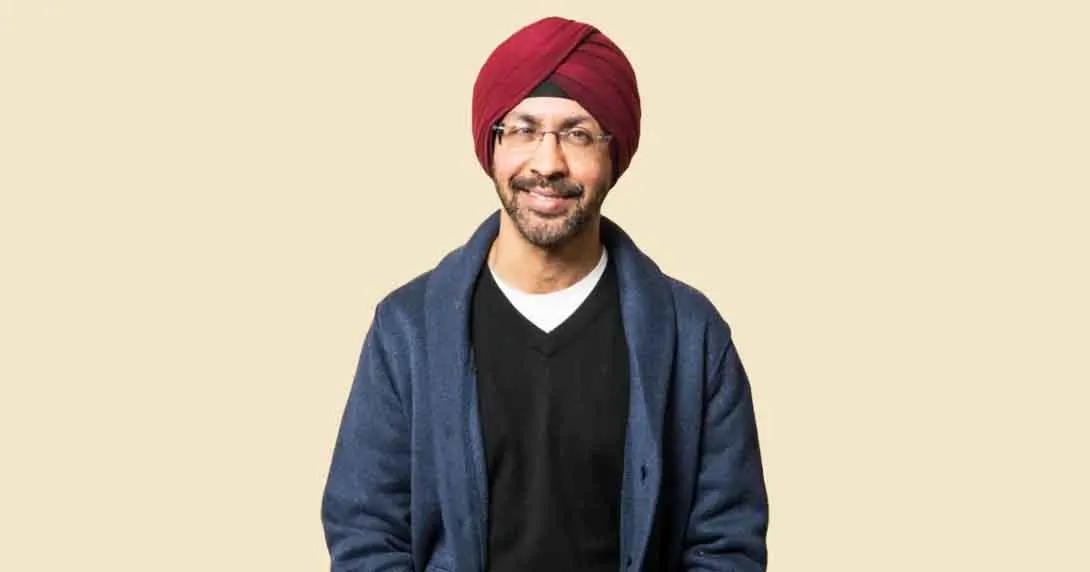
Punit Singh Soni, founder and CEO of Suki
Photo: Courtesy of Suki
Suki has launched a nursing consortium with health systems to integrate electronic health records to clinical workflows.
The health systems have a diverse range of EHR environments, Suki said. They include McLeod Health (Epic) in South Carolina, rural providers Citizens Memorial and Boone Health (MEDITECH) in Missouri, and Fisher-Titus (Oracle Health) in Ohio.
Consortium members will collaborate on developing "Suki for Nurses," to integrate electronic health records, including Epic, MEDITECH and Oracle Health, to workflows.
More health systems are expected to join the consortium.
Suki has also announced a partnership with AvaSure, an AI virtual care company, to use Suki's technology platform to incorporate ambient documentation.
WHY THIS MATTERS
Suki for Nurses is aimed at alleviating workforce burden and shortages.
Using the expertise of its health system partners, Suki said it would advance its AI capabilities to address the most time-consuming administrative tasks for nurses.
More than half of U.S. healthcare workers are expected to be seeking new roles next year, according to a Harris Poll survey cited by Suki. Over one in four nurses, citing burnout and understaffing, plan to leave the profession, according to JAMA.
The first wave of Suki for Nurses will enable support for commonly used forms and flowsheets, including patient assessments and admission and intake forms. Nurses and physicians using AvaSure will be able to complete visit documentation and admission or discharge forms hands-free with Suki.
In phase two, Suki will facilitate bedside documentation without interruption for nurses.
THE LARGER TREND
Working with partners, Suki said it is creating solutions that go beyond a single system or workflow.
AvaSure supports over 1,100 hospitals nationwide, giving the partnership immediate scale and impact, Suki said.
Suki offers an AI platform for telehealth, EHRs, care management, revenue cycle management, nursing and more.
Suki Assistant, the flagship product, offers ambient documentation, coding and insights. It uses generative AI to create clinical documentation by ambiently listening to patient-clinician conversations.
Suki helps clinicians complete notes 41% faster, on average, and generates incremental revenue, on average, of $1,688 monthly per user, the company said.
In March, at HIMSS25, Punit Singh Soni, founder and CEO of Suki, told Mobi Health News that revenue for the company has been tripling each year since 2023.
“So, one, you can build as much product in life as you want to; you cannot build market,” Suni said. “Over the last two years, the market has shown up, and everybody is interested in the space; they're interested in the solution, and they want to get to know how to use the assistant in health systems.
"Actually, the part that's insane for us is all these companies, other companies, coming to us and saying, 'Can we use your AI platform, incorporate it into our product and build our own experiences?'"
ON THE RECORD
"By partnering with innovative health systems across the country, we gain a unique advantage – insights from every corner of healthcare, from large networks to rural hospitals to solutions providers. Each partner brings a different perspective on nursing workflows, enabling Suki to both provide and power AI solutions in a scalable, expedited fashion that will ensure maximum adoption of this technology," Soni said by statement.
"Our partnership with Suki has already significantly reduced the administrative burden on our providers, and we're excited to work alongside other leading health systems in this consortium to build an offering for nurses," said Ashley Huggins, RN, director of IT Clinical Informatics at McLeod Health. "AI has been a transformative force in healthcare, enabling providers to be more present with their patients."
Email the writer: SMorse@himss.org